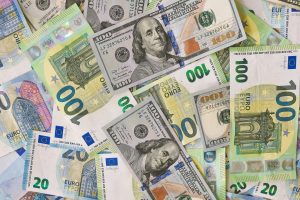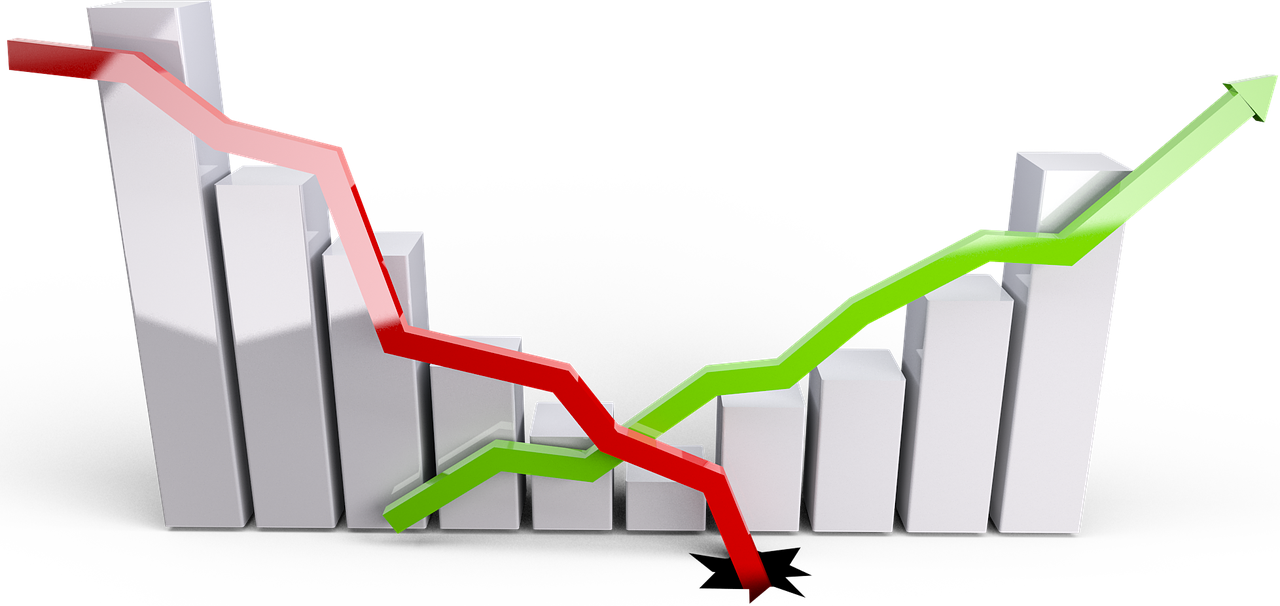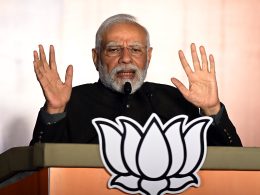French President Emmanuel Macron’s decision to call for early elections has sent ripples through global financial markets. This move, aimed at consolidating power and reshaping the political landscape in France, has ignited uncertainty among investors and traders worldwide. Macron’s gamble, though bold, carries significant implications for the stability of the eurozone and the future direction of European politics.
Macron’s Political Gamble

Emmanuel Macron’s decision to dissolve the French National Assembly and call for snap elections represents a high-stakes gamble. With his approval ratings on the rise and a belief in capitalizing on political momentum, Macron aims to strengthen his position and implement ambitious reforms. However, this maneuver comes with inherent risks, as it disrupts the political status quo and introduces an element of unpredictability into France’s political landscape.
Impact on Financial Markets
The announcement of early elections in France has reverberated across financial markets, triggering fluctuations in key indices and asset prices. Stock markets, particularly those in Europe, experienced heightened volatility as investors assessed the potential outcomes of the upcoming elections. The uncertainty surrounding Macron’s gamble has led to increased risk aversion among market participants, resulting in shifts in capital flows and portfolio reallocations.
Analysis Table: Macron’s Political Gamble
| Factors | Analysis |
|---|---|
| Approval Ratings | Macron’s rising approval ratings suggest public support for his leadership but do not guarantee electoral success. |
| Political Momentum | Macron’s decision to capitalize on political momentum reflects confidence in his ability to secure a stronger mandate. |
| Reform Agenda | Early elections provide an opportunity for Macron to push forward with his reform agenda, including economic changes. |
| Opposition Challenges | Macron faces challenges from opposition parties, which could undermine his efforts to consolidate power. |
| Voter Sentiment | Public sentiment towards Macron’s leadership and policies will play a crucial role in determining election outcomes. |
Comparative Table: Market Reactions
| Assets | Reaction |
|---|---|
| Stock Markets | Increased volatility due to uncertainty surrounding election outcomes and potential policy shifts under a new government. |
| Euro | Fluctuations in the euro’s value against major currencies as investors assess political developments in France. |
| Government Bonds | Changes in bond yields as investors seek safe-haven assets or adjust their risk exposure in response to market volatility. |
Conclusion
Emmanuel Macron’s gamble on early elections in France has injected uncertainty into global financial markets. While aimed at consolidating power and advancing his reform agenda, this decision carries significant risks and challenges. The outcome of the elections will not only shape the future of French politics but also influence the trajectory of the eurozone and impact investor sentiment across the world.
In conclusion, Macron’s bold move underscores the intricate interplay between politics and financial markets, highlighting the importance of stability and predictability in fostering investor confidence and economic growth. As the elections approach, market participants will closely monitor developments in France, bracing for potential volatility and adjusting their strategies accordingly.










